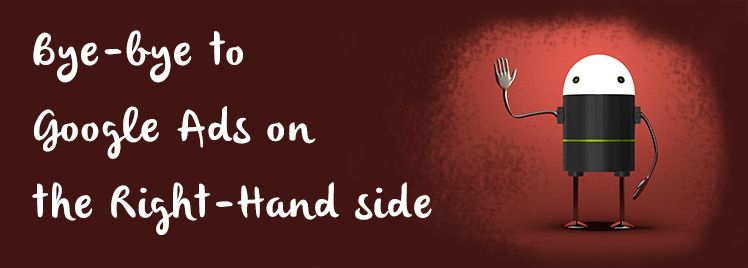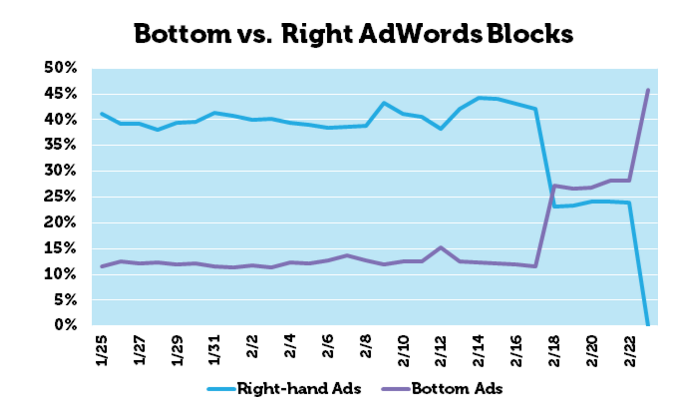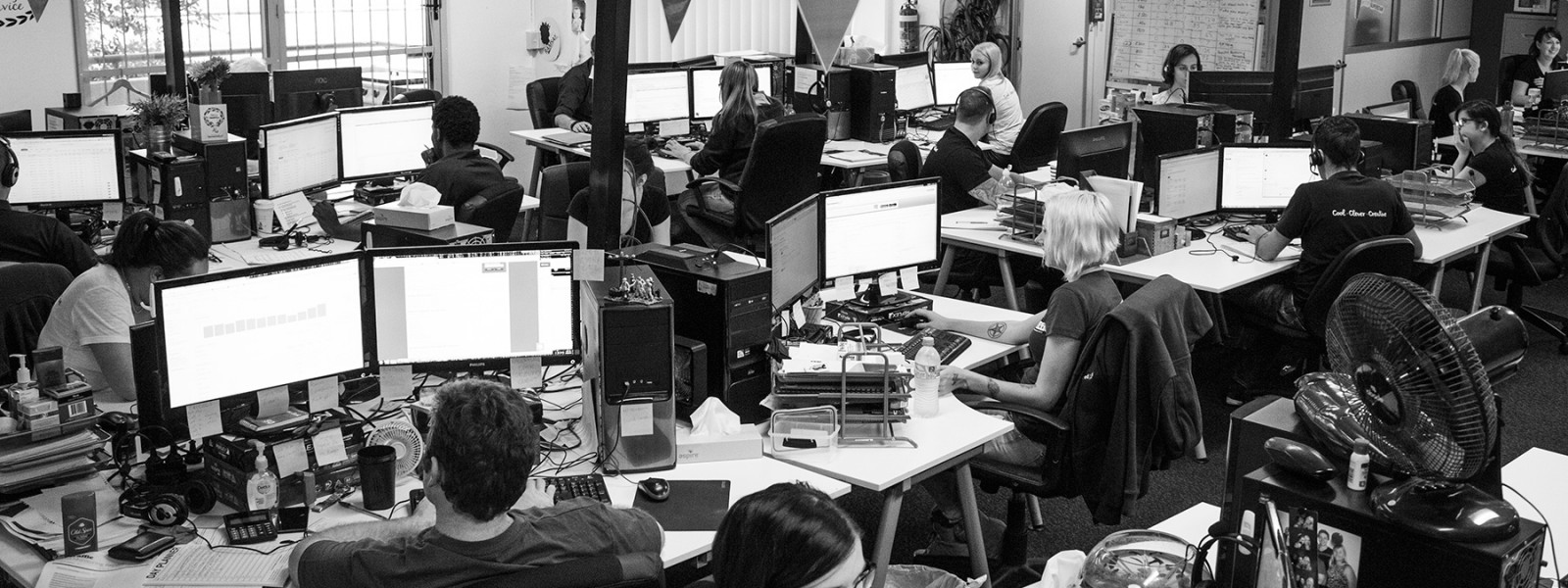-
Traffic
Get More Traffic
SponsoredLinX offers a number of different services to help drive more qualified traffic to your website. Google Ads Management Search Engine Optimisation Microsoft Ads Facebook Advertising Google Ads Mobile“SponsoredLinX are a rarity in today’s market place, they promise a lot but deliver more. Our business has grown by over 400% in one month; we are amazed at the difference they have made.”
-
Conversion
Convert More Leads
Our second step is making sure that your website is able to convert the traffic you receive into leads for your business. Optimising your website to convert more leads is important to a profitable campaign. Web Development Convertopages Do It For Me eCommerce“I just want to say thank you! The changes that you have applied in our AdWords campaign have definitely seen an improvement on click quality and sales for HippityHop.”
-
Retention
Retain Your Customers
As you build up a customer base you need to make sure to keep engaged and retain your relationship. LinX App“SponsoredLinX fully redesigned our main company website with a fresh, clean and professional look. The ‘Google friendly’ web design were part of the fantastic ongoing service we received.”

Bye-Bye to Google Ads on the Right-Hand Side
Google is doing away with right-hand side ads and the search engine marketing world is running around mad with the news. With immediate effect on a global scale, search marketers are now reeling with what this exactly means for them and for businesses. Concerns around the possibility of escalated cost-per-clicks (CPC) and organic search engine results possibly being pushed further down the first SERP on Google are all things that we will simply have to learn to contend with if they do come to light.
It’s not difficult to think of why Google would make such a change. Our economy is based on the never-ending chase of ‘growth’ and Google’s ambitions are no different. As Google’s main source of revenue, they needed to come up with a solution to help them on their growth trajectory, and by decreasing their online real estate (the right-hand side AdWords as) they have increased competition for businesses to appear in the top page positions. Interestingly, bottom of the page AdWords ads are still present. For those searches which are deemed ‘highly commercial’ as stated in an article by Clickz, then there could be as many as 4 ads in top positions.
Google has been split testing this new AdWords format for the last couple months, and Dr. Peter J. Meyers from Moz has been tracking them. He states that, with new and updated data, “On the morning of February 18, the percentage of top ads blocks displaying 4 ads jumped to 18.9%. As of this morning (February 23), that percentage has jumped again, to 36.4%”. He also has an insightful graph which displays the correlation between the appearance of the top 4 ads with the disappearance of the right side ads:

source: https://moz.com/blog/four-ads-on-top-the-wait-is-over
Great news for organic rankings though is that the same number of organic search results (10) has not changed, so it means there are still the same number of opportunities for businesses to organically rank on page one of Google’s results. What is distressing is that for those searches where 4 ads now appear up the top of the page, there is now no organic listings visible above the fold.
The outcome? It means now more than ever you need to have a balanced approached to your online marketing strategy; one that involves both Google AdWords and SEO. If you can have your business appear both in paid search and organically, your increased chances of attracting highly motivated customers doubles, and on a page where competition has just become tougher, this couldn’t be more important.
Questions – has Google overstepped the line when it comes to user experience? Has this changed occurred to enable a more centred approach between mobile and desktop results? Has Google gone beyond it’s ‘do no evil’ statement? Only time will tell. Watch this space as we continue to watch this story unfold and update you. If you want to speak with a SponsoredLinX representative about altering your approach to be more flexible to include AdWords and SEO, please call us today on 1300 859 600.

